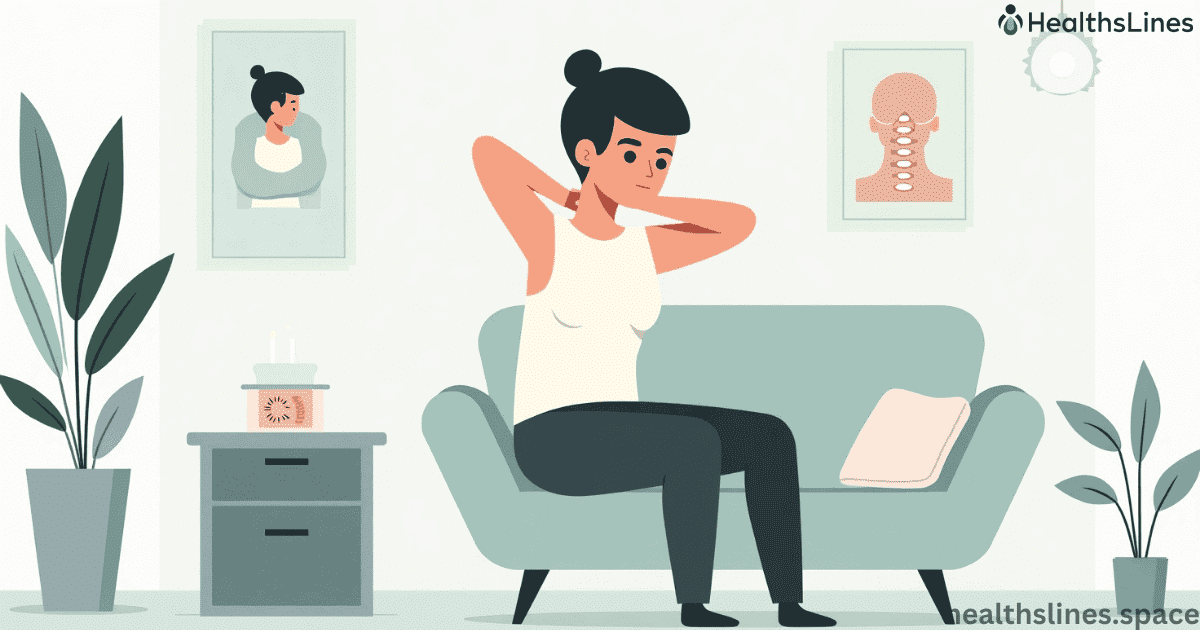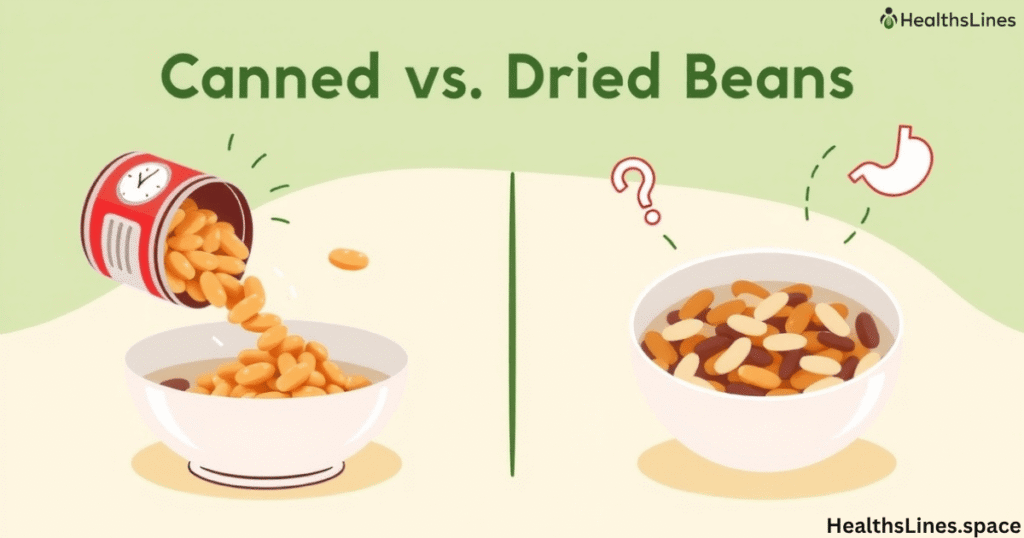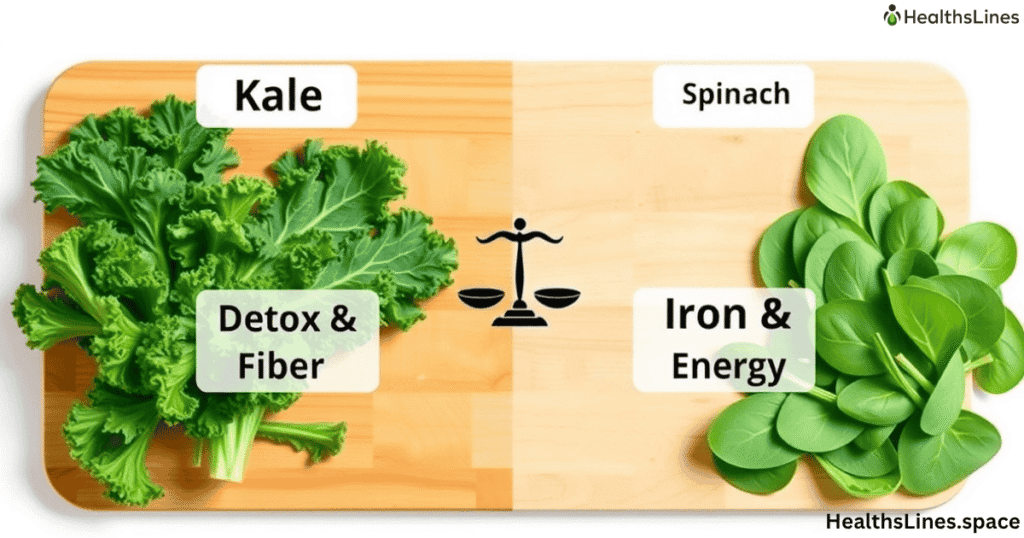A pinched nerve can cause serious discomfort. If you’ve ever had sudden neck pain and shoulder pain, or a burning or tingling sensation in your arms or legs, you may have experienced nerve compression Pinched Nerve Remedies. This happens when too much pressure is applied to a nerve by surrounding tissues like bones, cartilage, muscles, or tendons. The result is often pain, numbness, or weakness along the nerve’s path.
There are many remedies for pinched nerve pain. Some are simple changes at home, while others may need professional help. This article gives you 14 real and effective ways to get pinched nerve relief. It also explains how to know if you have a pinched nerve, what causes it, and how to heal a pinched nerve quickly and safely.
What Is a Pinched Nerve?
A pinched nerve happens when too much pressure is placed on a nerve by the surrounding tissues. This pressure might come from bones, muscles, tendons, or even swollen joints. When a nerve gets compressed, it can’t send signals to and from the brain the right way. That leads to pain, numbness, tingling, or weakness in the area where the nerve travels. This condition is also called nerve compression, and it can affect different parts of your body.
Common spots for a pinched nerve include the neck, back, shoulder, wrist, and elbow. For example, a pinched nerve in the neck may cause pain that spreads into your shoulder or arm. If the problem is in your lower back, it might lead to sciatic nerve pain running down the leg. People with carpal tunnel syndrome often deal with a pinched nerve in the wrist. Pressure on a spinal nerve from a herniated disc is another frequent cause. This can happen due to injury, poor posture, arthritis, or repetitive stress injury. Understanding what a pinched nerve is can help you find the best treatment and stop the pain from getting worse. Learning about the causes also helps prevent future issues.
Pinched Nerve Symptoms
The symptoms depend on the location of the nerve. If the issue is in your back, you may feel lower back pain or sharp shooting pain down your leg. A pinched nerve in the neck may lead to pain spreading to the shoulder and arm.
Common signs include:
| Symptom | Where You Might Feel It |
| Burning or tingling feeling | Arms, hands, legs, or feet |
| Numbness | Fingers, toes, or limbs |
| Sharp or aching pain | Neck, shoulders, back, or legs |
| Weakness | Hands, grip strength, or leg power |
| Radiating pain | Down arms or legs (sciatic area) |
14 Remedies for Pinched Nerve Relief
Finding ways to relieve pinched nerve pain doesn’t always require surgery. Many home remedies for pinched nerve can help ease the pain and support healing. Here are the most proven and practical ones.
1. Rest and Short-Term Inactivity
Giving the affected area a break is often the first step in pinched nerve home treatment. Avoid lifting, bending, or typing if those actions make the pain worse. Rest reduces pressure and lets the nerve recover. Sleep well, too. Your body does its best repair work while you rest.
2. Improve Posture
Poor posture is a major cause of nerve compression. Slouching or leaning over for long periods can put pressure on the neck or spine. Try sitting with your back straight and shoulders relaxed. If you work at a desk, use an ergonomic desk setup to reduce pressure on nerves.
3. Use a Standing Desk Carefully
A standing desk helps many people with pinched nerve in back issues. But switching too fast can backfire. Alternate between sitting and standing every hour. Also, wear shoes with good support and keep your screen at eye level.
4. Try Gentle Stretching and Nerve Gliding Exercises
Simple nerve gliding exercises and sciatic nerve glides can help free trapped nerves. These movements improve blood flow and reduce tightness. Always move slowly and stop if it hurts. A physical therapist can teach you safe versions.
5. Apply Cold Compress
Cold therapy works best in the first two days. A cold compress helps reduce nerve inflammation. Place an ice pack on the area for 15 minutes at a time. This numbs the pain and slows swelling.
6. Try Heat Therapy
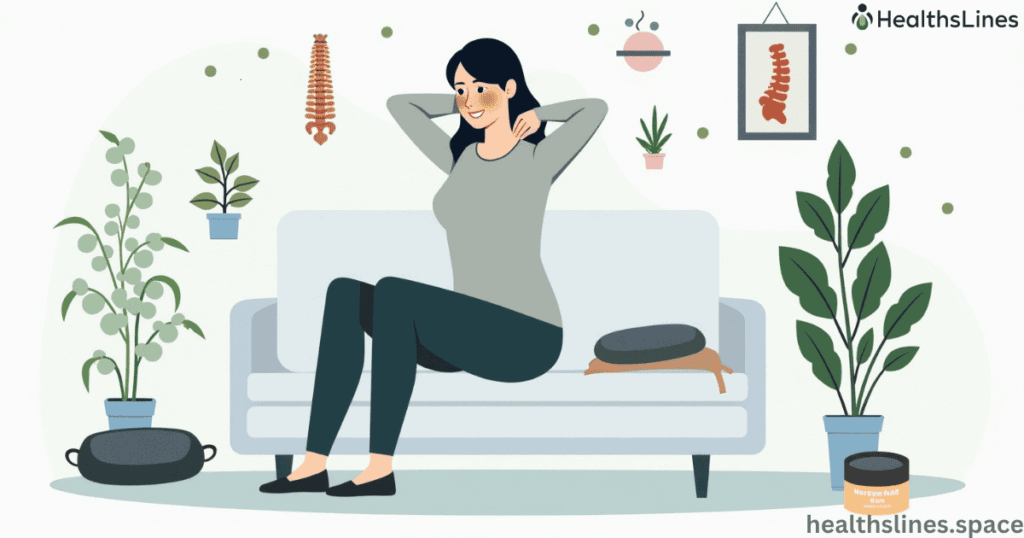
After the swelling goes down, heat therapy improves circulation. Use a warm towel or heating pad on your neck, lower back, or wrist. This helps relax tight muscles that might be compressing the nerve.
7. Wear a Wrist or Neck Brace
Braces limit movement, which gives your nerve time to heal. A wrist brace helps with carpal tunnel syndrome, while a neck brace supports your cervical spine. Wear them as directed by your doctor or therapist.
8. Adjust Your Keyboard and Mouse Setup
If you work at a desk, look at your arm and hand position. A keyboard that’s too high or low can strain nerves in your wrist. Make sure your arms stay at a 90-degree angle and your wrists stay straight. This small change can prevent repetitive stress injury.
9. Use Foam Rolling or Self-Massage
Foam rolling eases tight muscles that may press on nerves. Roll slowly over your back, hips, or shoulders. You can also use massage balls for smaller areas. These tools help reduce pressure naturally.
10. Get Professional Massage Therapy
If self-massage isn’t enough, book a session with a therapist. Massage therapy for nerve pain works by releasing tension and improving blood flow. Deep tissue massage can be very effective when done by someone trained in nerve care.
11. Elevate the Legs to Reduce Sciatic Pressure
If you’re dealing with sciatic nerve pain, lie on your back and raise your legs. This takes pressure off your spinal nerve. You can place pillows under your knees or use a wedge pillow to stay comfortable.
12. Take Over-the-Counter Pain Relief
Nonsteroidal anti-inflammatory drugs (NSAIDs) like ibuprofen reduce nerve inflammation and pain. Always follow the dose on the label. While not a long-term fix, this is often the best treatment for pinched nerve pain in the short term.
13. Fix Your Sleeping Position
How you sleep matters a lot. The best sleeping position for back pain or nerve compression is on your back with a pillow under your knees. For neck issues, try a cervical pillow. Sleeping on your stomach can worsen symptoms.
14. Eat Anti-Inflammatory Foods
What you eat can speed up healing. Anti-inflammatory foods like turmeric, omega-3 fatty acids, leafy greens, and berries help your body reduce swelling naturally. Avoid processed sugar and alcohol, which make inflammation worse.
Common Causes of a Pinched Nerve
A pinched nerve is usually caused by too much pressure on a nerve. This pressure often comes from nearby bones, muscles, cartilage, or tendons. One of the most common causes is a herniated disc, which happens when a spinal disc slips out of place and presses on a nearby nerve. This often leads to lower back pain or sciatic nerve pain that travels down the leg. Another cause is cervical radiculopathy, where nerves in the neck get compressed, leading to neck pain and shoulder pain.
Sometimes, poor posture or a repetitive stress injury can also lead to nerve compression. Sitting or standing the wrong way for long hours, especially at work, can put strain on your spine and joints. Using devices with bad wrist or hand support may also cause carpal tunnel syndrome, which compresses the nerve in the wrist. Injuries from lifting, accidents, or sports can also lead to nerve inflammation. Other causes include arthritis, obesity, or even tumors pressing against a nerve. In many cases, a combination of poor lifestyle habits and underlying health conditions lead to pinched nerve problems. Knowing the cause helps in choosing the best treatment for a pinched nerve and preventing it from coming back.
When to See a Doctor for Nerve Pain
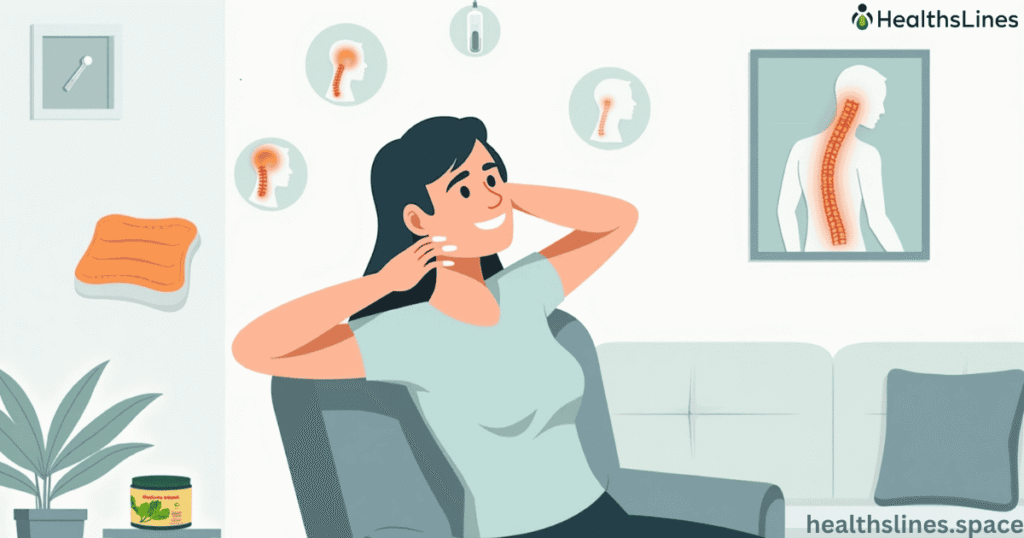
You can try natural pinched nerve remedies at home, but sometimes medical help is needed. If your symptoms last more than seven days or get worse, it’s time to see a doctor. Warning signs include muscle loss, strong weakness, or pain that spreads.
A doctor may order tests like an MRI or EMG to find the exact nerve that’s affected. Then they might refer you to a physical therapist for pinched nerve treatment or suggest options like injections. In very rare cases, surgery might be needed.
How Long Does a Pinched Nerve Last?
You might be wondering, how long does a pinched nerve last? It depends on how severe the pressure is and how early you treat it. Most mild cases improve in four to six weeks with rest and pinched nerve home treatment.
If left untreated, it could take longer or even become a long-term issue. People who take action early and follow a mix of rest, movement, and lifestyle changes recover faster. Eating the right foods and getting quality sleep also shorten pinched nerve healing time.
Final Thoughts
You don’t always need surgery or expensive treatments to find pinched nerve relief. Using simple steps like resting, improving your posture, changing your work setup, and eating anti-inflammatory foods can help a lot. Natural inflammation relief is not only safer but often more effective over time.
The best part? Many of these tips cost little or nothing. Focus on early care, consistency, and healthy habits. If symptoms linger, don’t ignore them. A short visit to a doctor or physical therapist can prevent bigger issues down the road.
